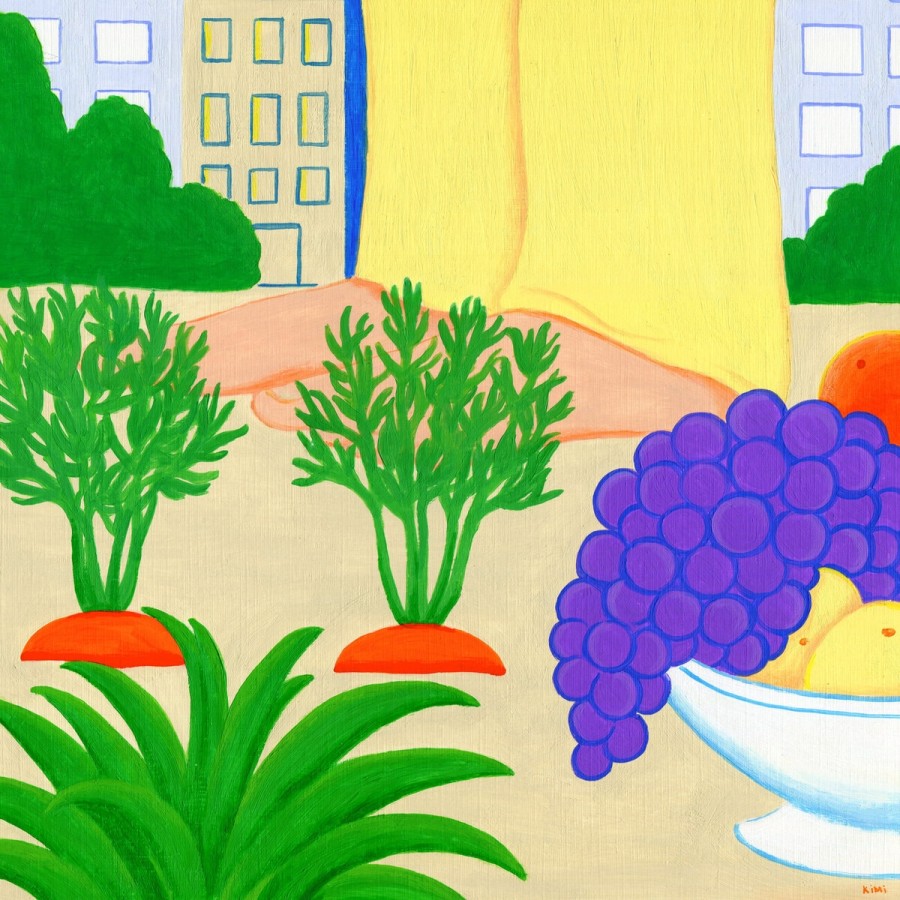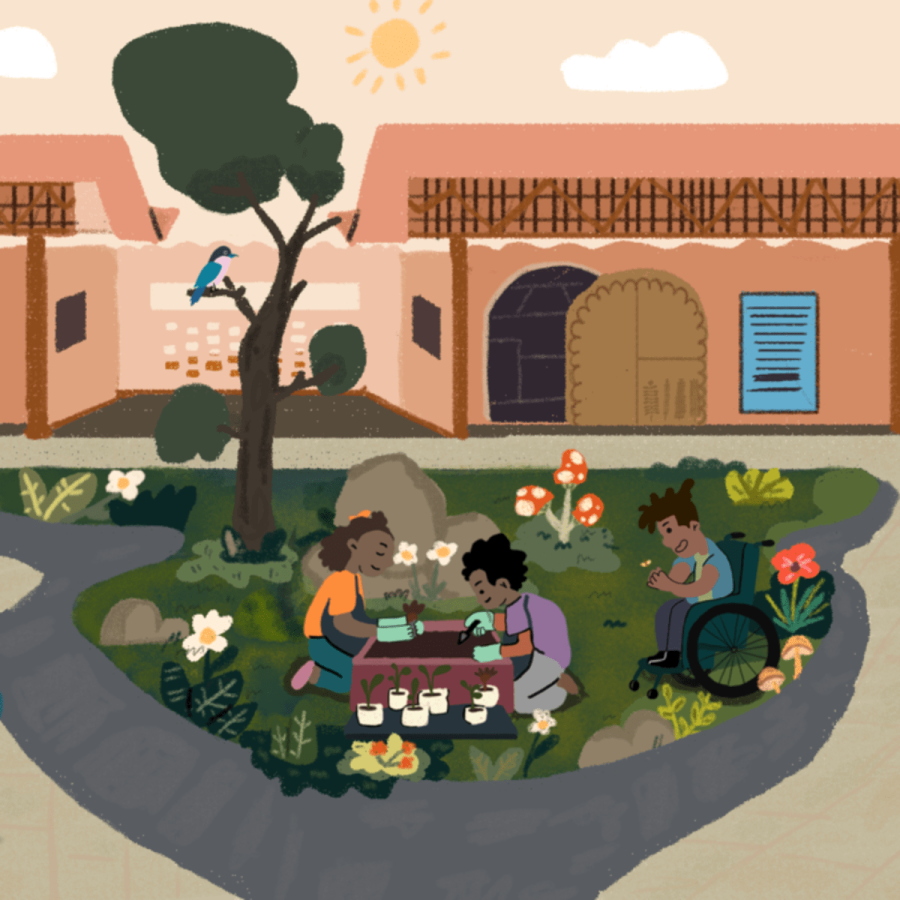A sustainable diet is one that is good for people and the planet. It generally includes plant-rich foods, ideally from organic and regenerative agriculture.
Key concepts
Make eating a sustainable diet easy and accessible to all
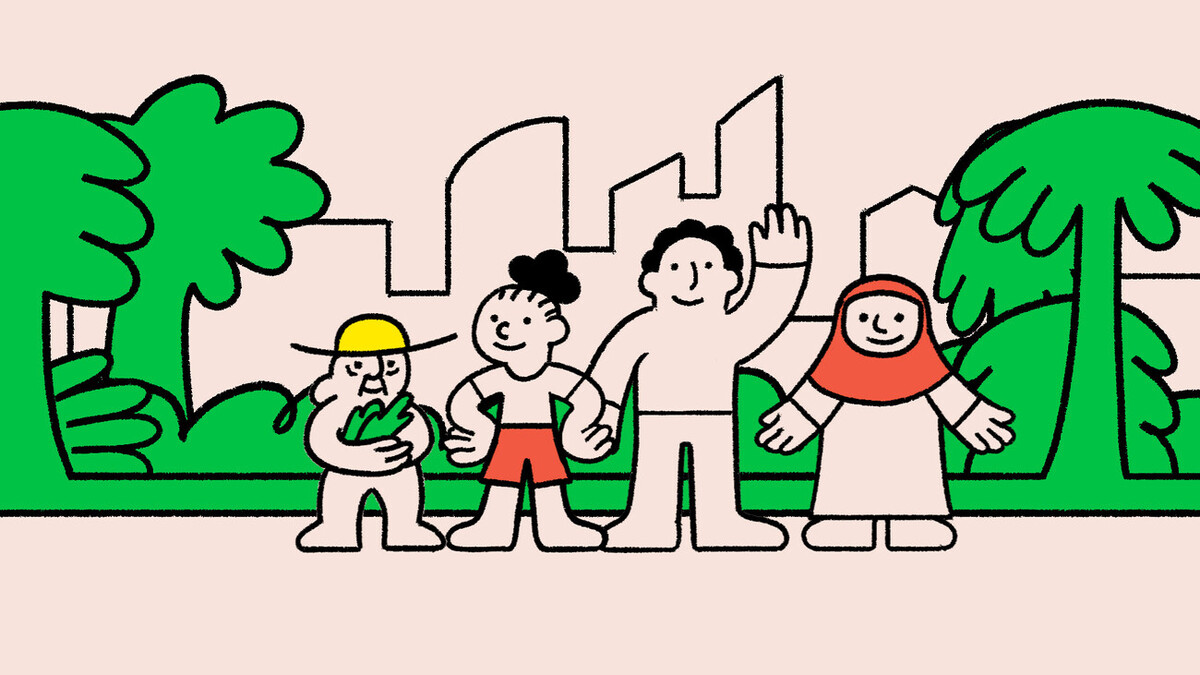
© Rosanna Wan
- Eating a diet with plenty of greens is good for the planet since plants have much lower greenhouse gas emissions than livestock, as well as reducing the need to grow crops to feed animals. However, many people in our cities cannot access healthy food at a price they can afford.
-
Provide spaces to for residents to access healthy, green food options within easy walking distance of houses.
-
Include healthy, green meals on the menus of community institutions like schools and nursing homes.
Encourage community gardening and urban agriculture
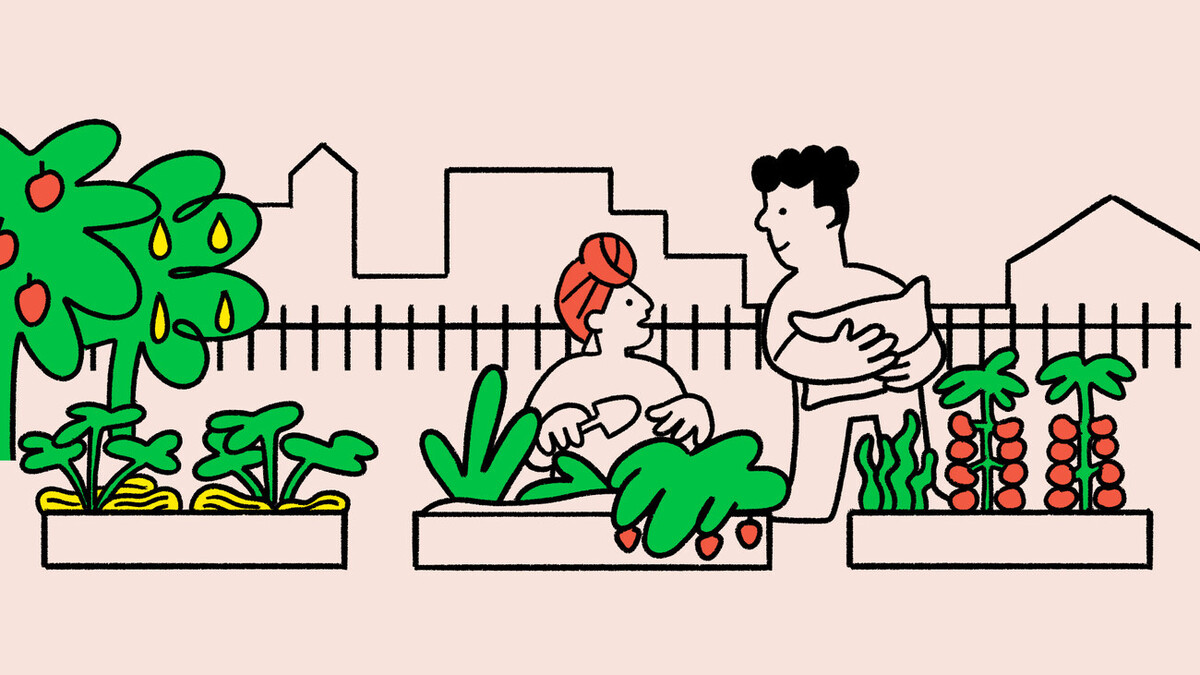
© Rosanna Wan
-
Urban agriculture can contribute to food security and reduce the carbon emissions associated with long-distance food transportation.
-
Support community gardening initiatives and urban agriculture projects. These initiatives not only provide fresh, local food but also promote community engagement, education, and social cohesion.
-
Create areas for residents to grow their own food, making it easier for people to have a more plant-rich diet and to provide healthier food options to more people.
-
Make sure community gardens are accessible and useful to all population groups in the city; particularly those often excluded.
Reduce emissions from transporting food

© Rosanna Wan
-
Encourage local food production and urban agriculture, create shared and open spaces for farmers markets, incentivise retailers and restaurants to sell/prepare sustainable and local foods, and plan for food waste hubs with storage facilities.
-
Grow crops that work in the environment and climate of your city and encourage residents to eat local foods.
Reduce food waste
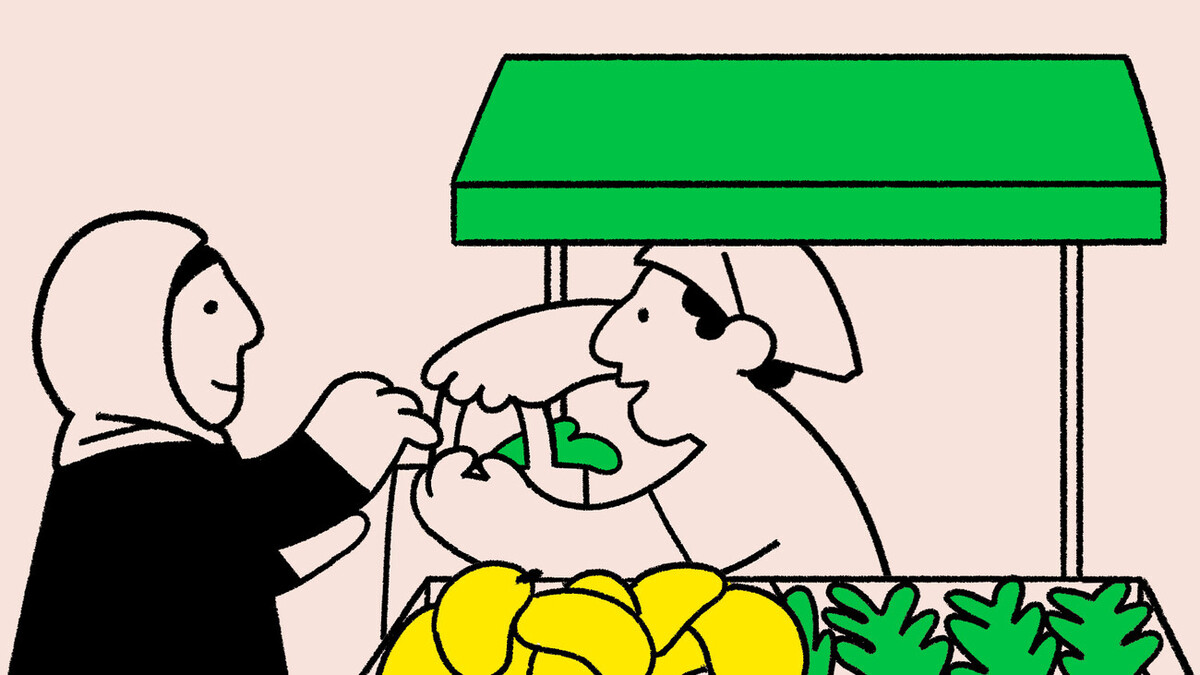
© Rosanna Wan
- Reducing food waste is just as important as how we grow food when creating a sustainable food system. Currently, a third of the food we produce is never eaten.
-
Create places to share surplus food
-
Encourage restaurants and retailers to provide discounts on food reaching its sell-by date
-
Create hubs to redistribute food that has passed its sell-by date but is still good to eat
Questions?
If you have a question or would like more details on the Students Reinventing Cities competition, please use the form below. You will receive a response via email.


